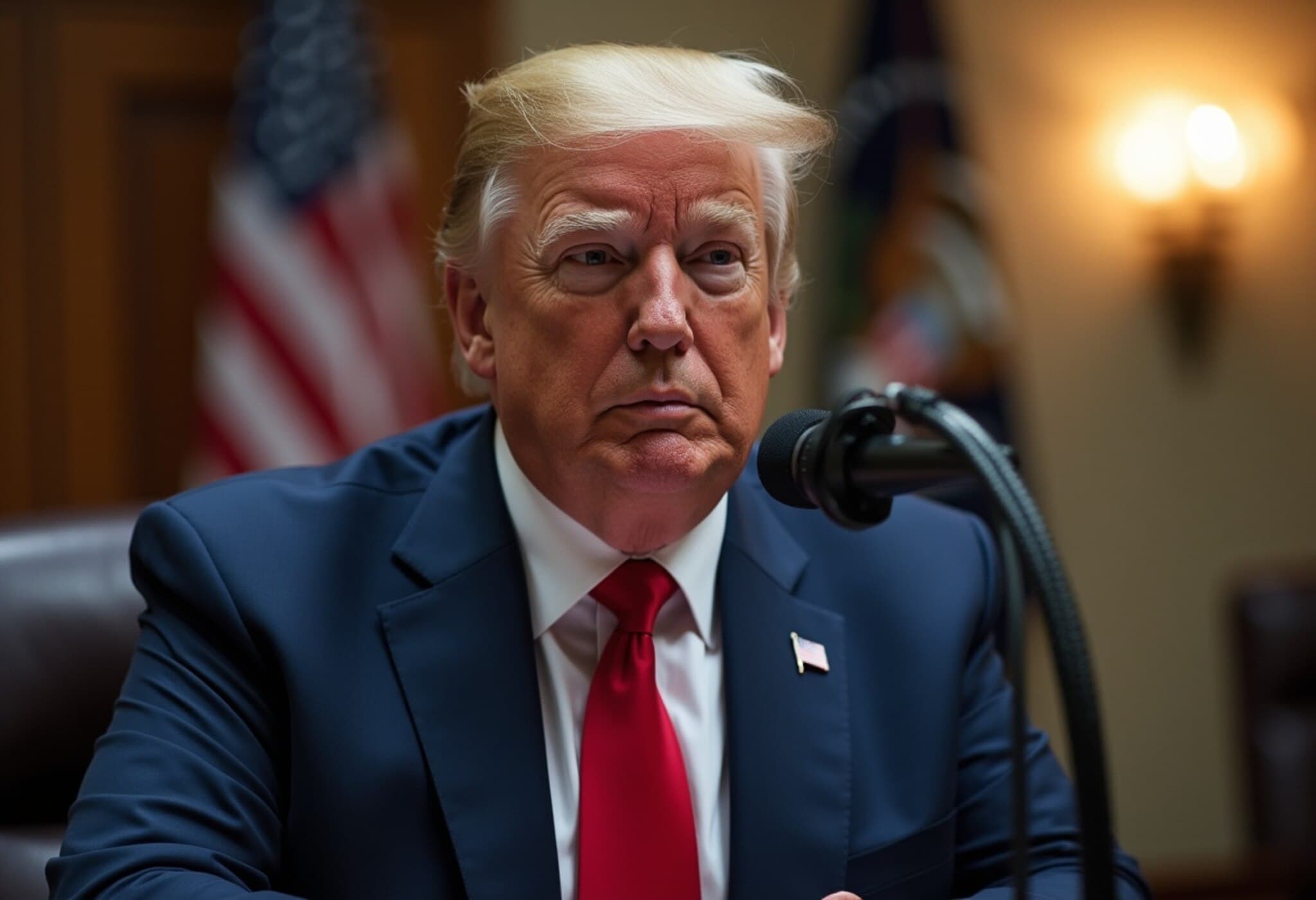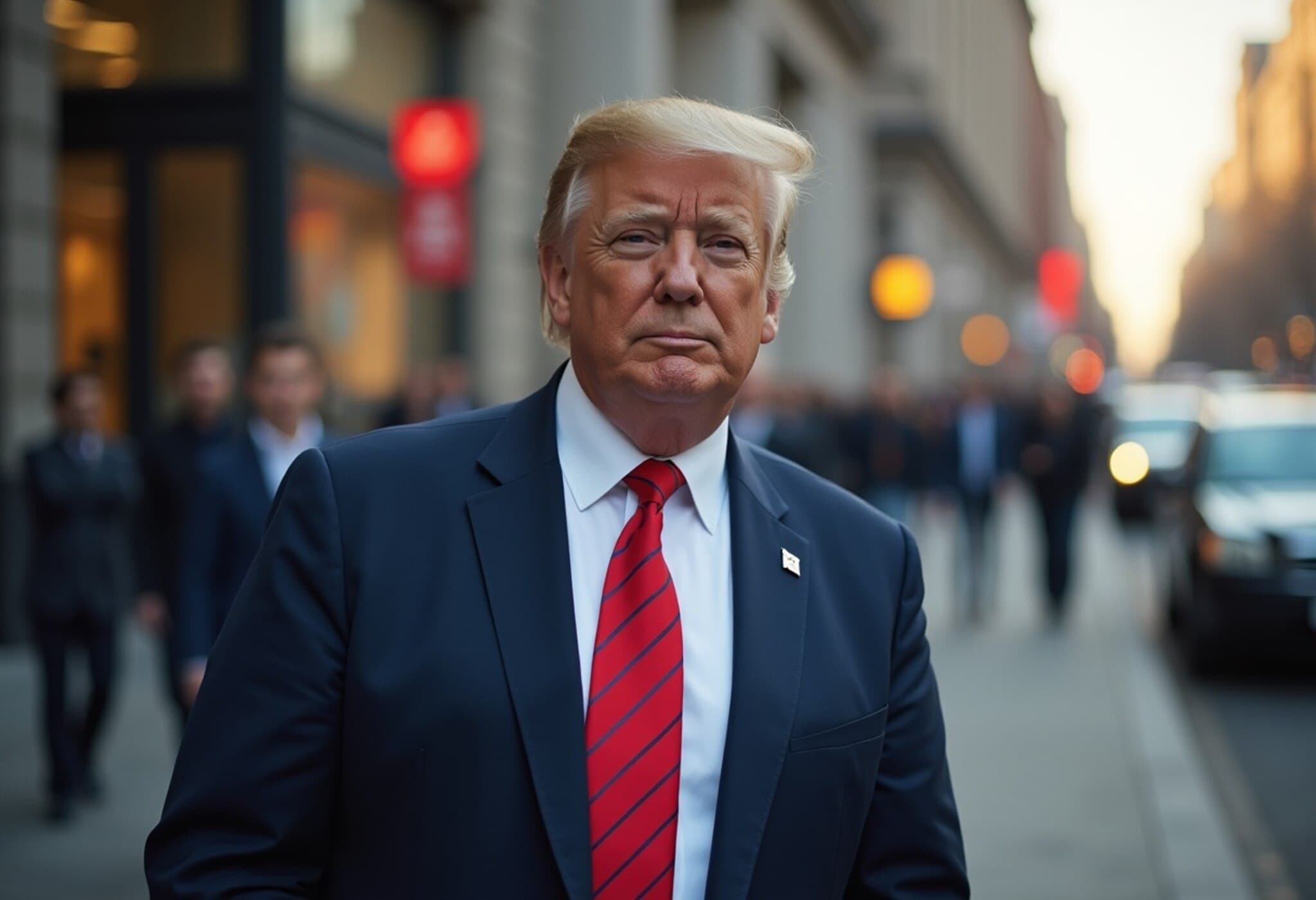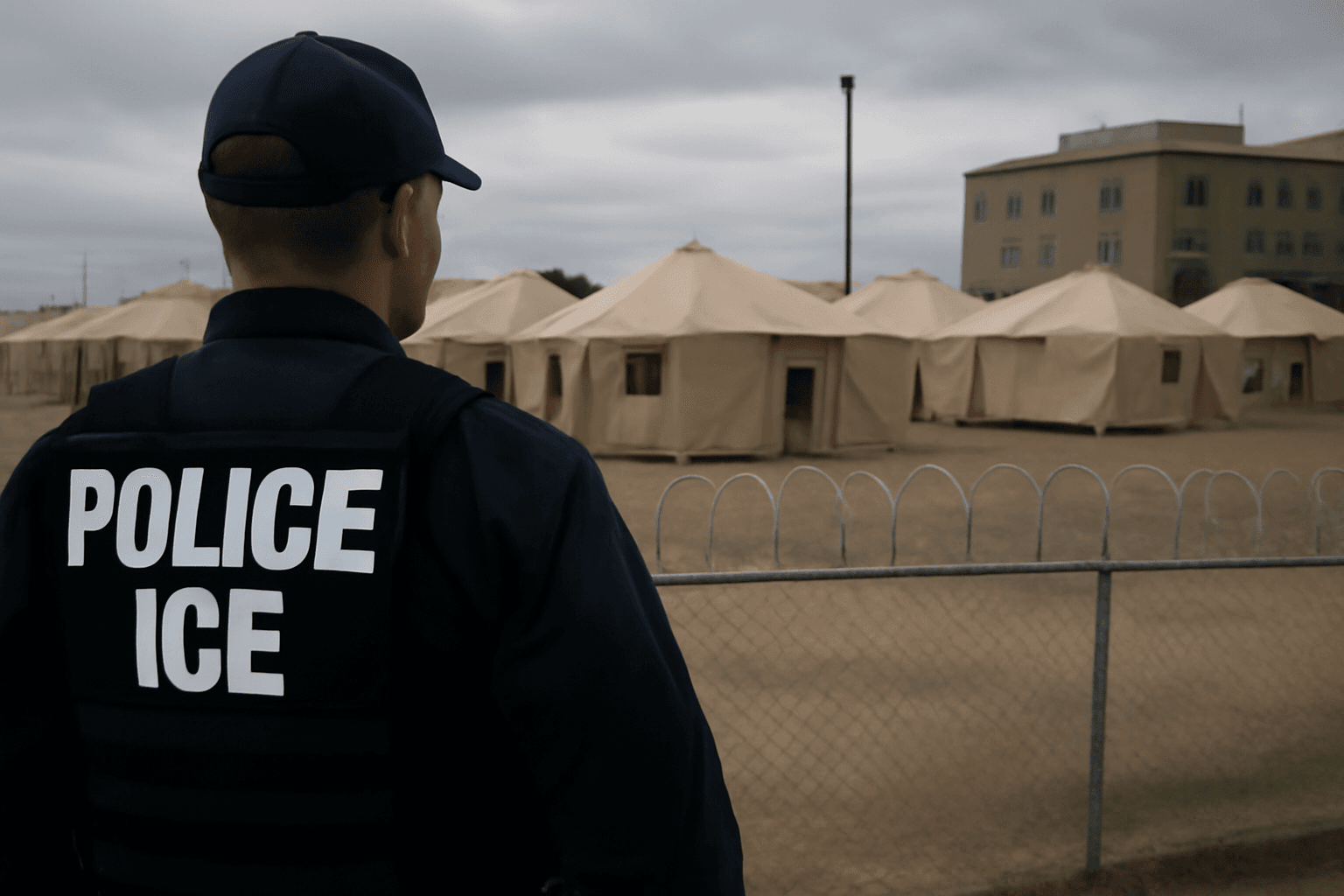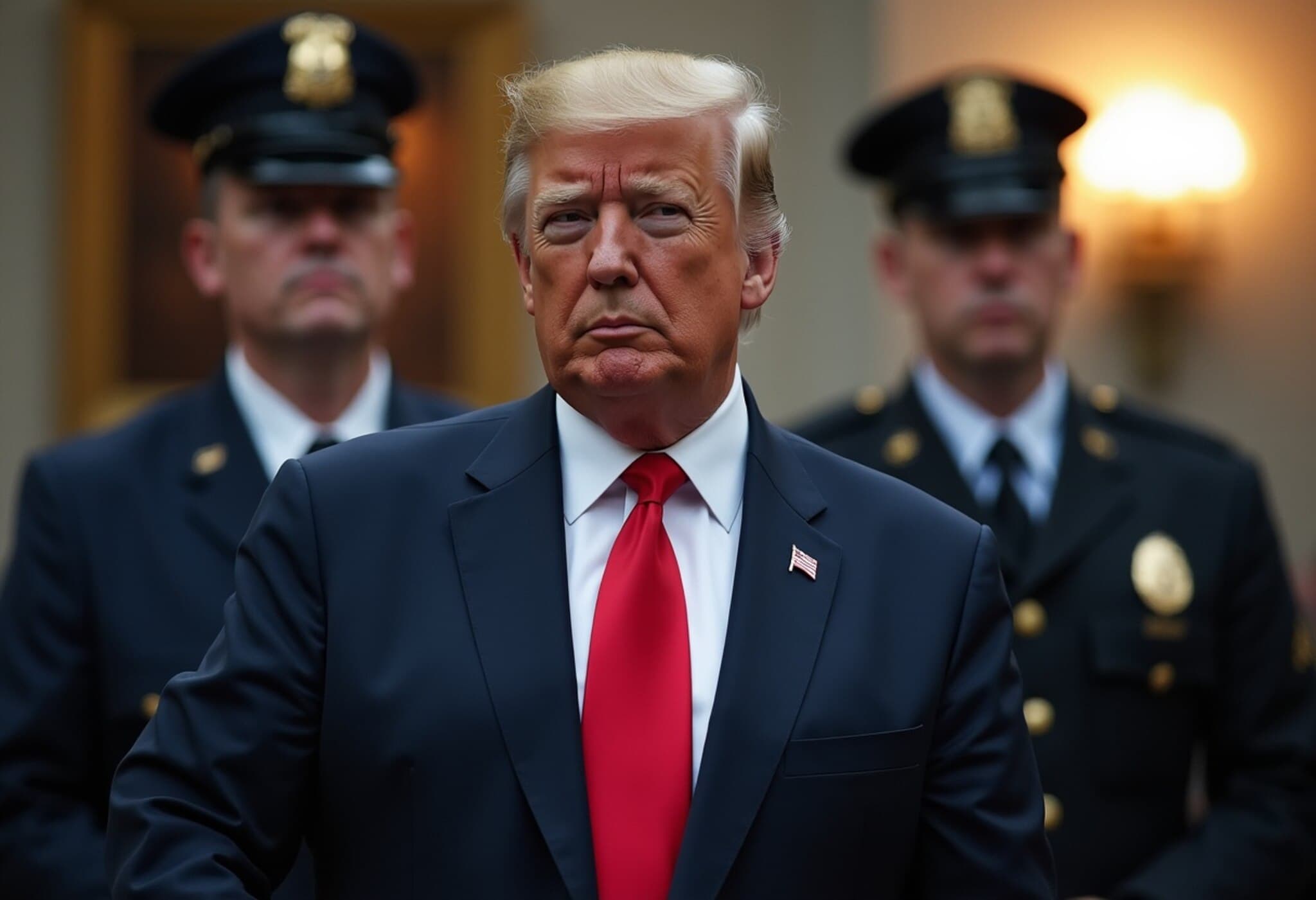US Citizenship Test Under Scrutiny: Plans to Reinstate 2020 Format Spark Discussion
The US citizenship test, a crucial gateway for immigrants striving to embrace the American dream, is once again at the heart of policy debates. Joseph Edlow, the new director of the US Citizenship and Immigration Services (USCIS), recently ignited controversy by labeling the current test as overly simplistic and easily memorizable. Echoing sentiments from the Trump administration, Edlow revealed plans to revert to the more rigorous 2020 version of the naturalization exam.
Understanding the Citizenship Test Process
Becoming a US citizen involves a multi-step process. Applicants must first file Form N-400, undergo thorough background checks, and satisfy residency requirements. The culminating hurdle is an in-person interview where applicants face two assessments: an English proficiency test and a civic knowledge test.
The civic test, according to USCIS guidelines, comprises over 100 questions on American history, government, and civics. The applicant is asked 10 questions randomly selected from this pool and must correctly answer at least 6 to pass.
A Closer Look at the 2020 Version and Historical Context
The 2020 test format, introduced during President Trump's administration, temporarily increased the pool of questions to 128. Applicants then faced 20 questions with a higher passing threshold of 12 correct answers. This approach sought to deepen immigrants’ understanding of the US civic framework.
Before 2008, the citizenship test format was more randomized without fixed question or passing benchmarks. The Bush administration established the current standard of 6 correct answers out of 10 questions, intending to balance difficulty with accessibility.
Edlow argued the existing test fails to fully embody the spirit of naturalization law, implying it may not adequately assess applicants’ civic understanding.
Broader Immigration Policy Moves Shadow Citizenship Test Changes
This test reform announcement coincides with the Department of Homeland Security’s proposed overhaul of the H-1B visa program, a critical channel for skilled foreign workers, especially in technology sectors.
The DHS proposal aims to curtail entry-level H-1B applications, reserving the visa for highly skilled, higher-wage positions. Proponents claim this protects American graduates from job competition and addresses wage suppression concerns. Conversely, critics warn these revisions could sharply limit pathways for talented immigrants seeking to contribute to the US economy and culture.
Expert Perspective: Balancing Integrity with Opportunity
From a policy analyst’s lens, the citizenship test symbolizes a broader tension in US immigration discourse — the desire to uphold national identity and civic knowledge, while maintaining accessible routes for integration. The attempt to elevate test difficulty may shore up the ideal of informed citizenship but risks disenfranchising applicants who may face language and educational hurdles, especially those from marginalized backgrounds.
Furthermore, policy changes like those targeting the H-1B visas illustrate the complex dynamics between protecting domestic labor markets and embracing the economic benefits of immigration.
What Lies Ahead?
- Implementation timeline and details of the citizenship test changes remain to be announced by USCIS.
- The DHS’s H-1B visa reforms will undergo public comment and legislative scrutiny before possible adoption.
- Advocacy groups are expected to campaign on both fronts, underscoring immigrant rights and economic contributions.
Editor’s Note
As the US grapples with defining the contours of immigration policy and citizenship qualifications, these developments raise essential questions: How do we balance rigorous civic understanding with inclusivity? Can reform efforts promote integration without unintentionally creating barriers? And how will these reforms reshape the immigrant experience in America’s evolving sociopolitical landscape? Readers are encouraged to stay informed and engaged as these pivotal issues unfold.



















